SAVE THE SCHOOL
By Christopher Quah
St Mary’s Agape Mission School was founded in 2013 under the auspices of St Mary’s Cathedral. It caters mainly to students from the Chin community who are refugees or asylum seekers in Malaysia. They have fled their homeland in Myanmar because of ethnic and religious persecution. The school is in its 6th year, and together with the students it serves, is facing an uncertain future.
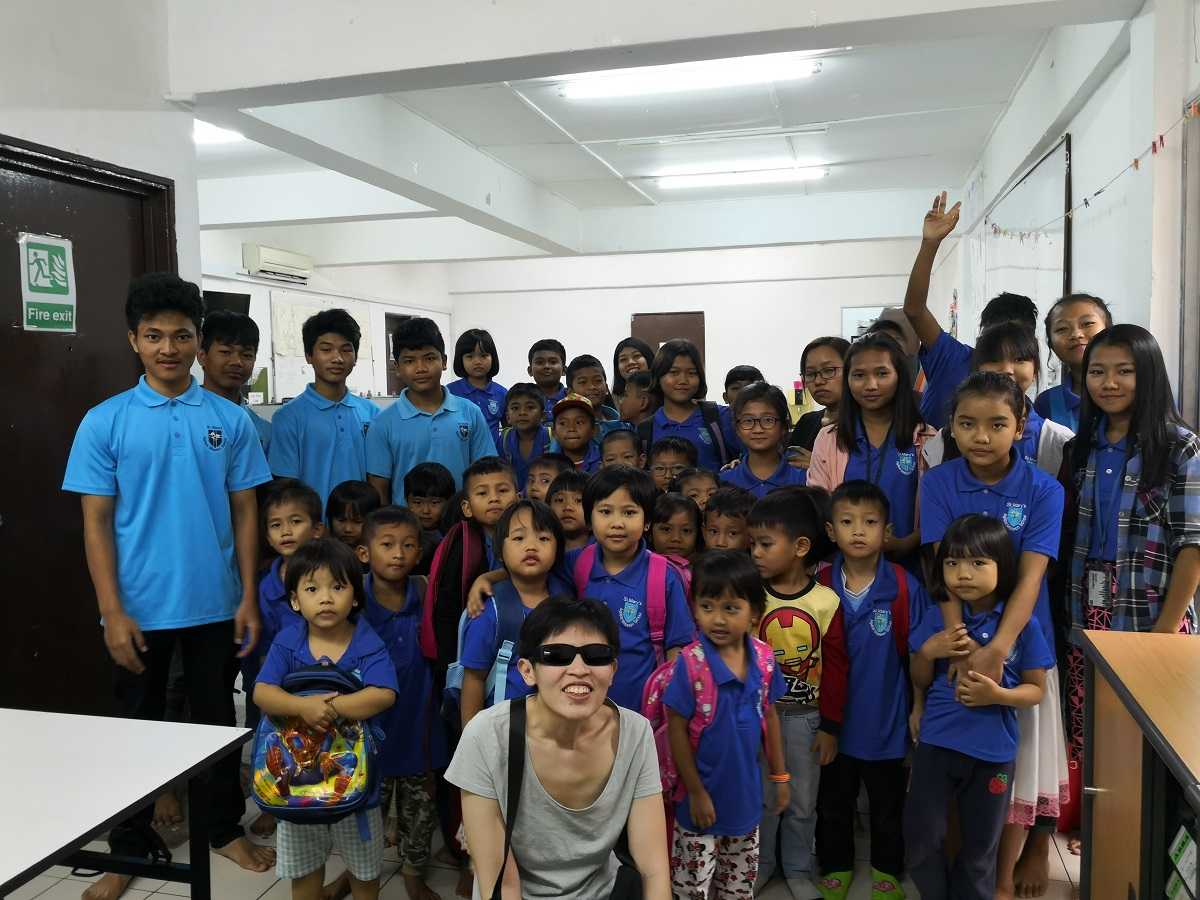
On 13 June 2018, the UNHCR announced that by the end of 2019, it would completely withdraw refugee protection status from the Myanmar Chin refugees/asylum seekers living in Malaysia. This is on the premise that Chin state is now “safe” and “stable” enough for the community to return.
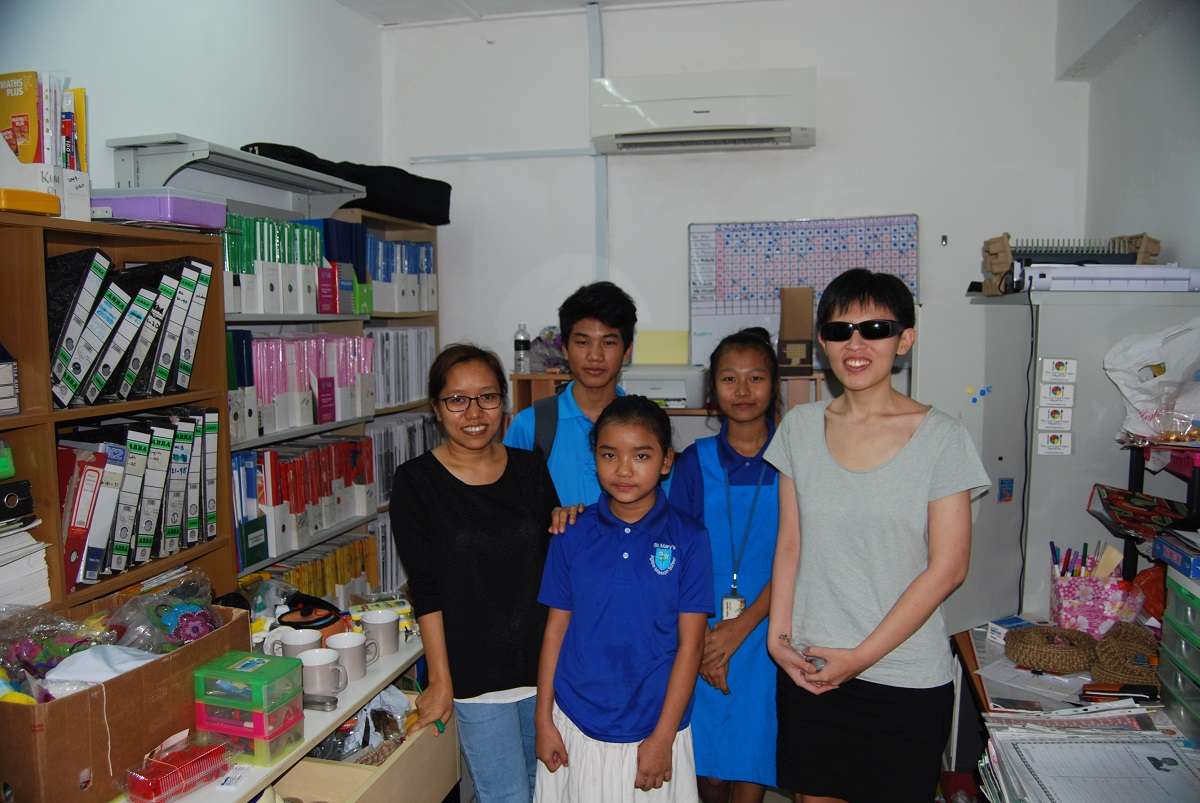
These claims are, of course, challenged and refuted by reports and statements released by several international NGOs, one example was reported by the Chin Human Rights’ Organization.
Dr Mei Tan, the Director of Operations and Administration of the school, pointed out that this withdrawal is indeed heart-breaking news for all involved. She gave a brief background of the school, and the students involved.
“The current enrolment is 62 students. It is 5 less than at the close of last year. Some of the students come from very far, as they want the kind of Christian education we are providing. They come by public transport to the nearest LRT station for example, and then hail a Grab Car over to the school. The fare for the Grab Car was previously paid by the school. In fact, it cost the school more than RM 1k a month. This was only possible Thanks to generous donations from people. However, it was not a sustainable model and we now find it impossible to continue paying for their Grab fare. So some of those students have not come back to school this year,” Dr Mei said.
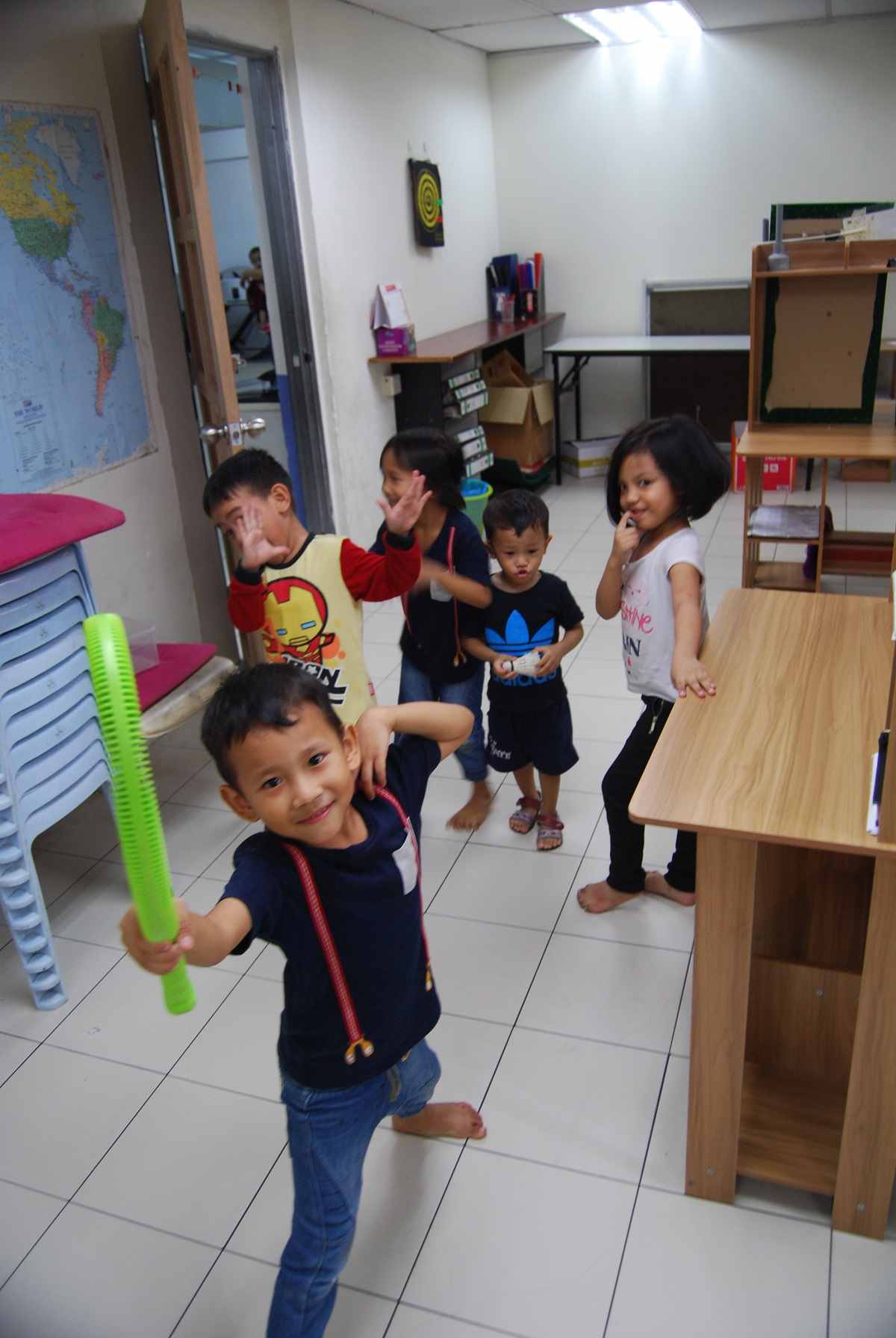
She observed that the parents are reassessing their options for their children, whether going back to their home country, or staying but to study somewhere else nearer their home.
She also mentioned that even though the UNHCR has announced the withdrawal of the protection status of the Chin community at the end of 2019, the school will continue running until the final possible moment.
“We will keep going forward as a physical entity up to the last minute. We trust that God will provide a solution. However, we will not go against the laws of the land,” Dr Mei explained.
She added that the situation is very heart breaking for her and the staff.
“The children are like our own kids, we loved them. We believe we have been put here for a reason which is to educate the children in solid Christian values. I think it’s a waste of energy being resentful, regretful, and upset with the authorities. I trust that God has His plan. We know He wanted the school and has blessed us from day one. It’s our job, therefore, to keep doing what we are doing until He opens other doors,” Dr Mei said.
Right now, she explained, they are being pragmatic and are preparing the kids for the worst.
“We are moving them from the mind-set that every one of them can go to university, to that of perhaps only some of them being able to go. So, we are teaching them some practical life skills. For example, basic Excel spreadsheet skills and double entry book keeping. We have also set up a crochet project – the Lamatna Project, using it as a means to educate them about quality control, stock taking, and other basic business skills . We hope that they will hence be better equipped to enter the workforce,”
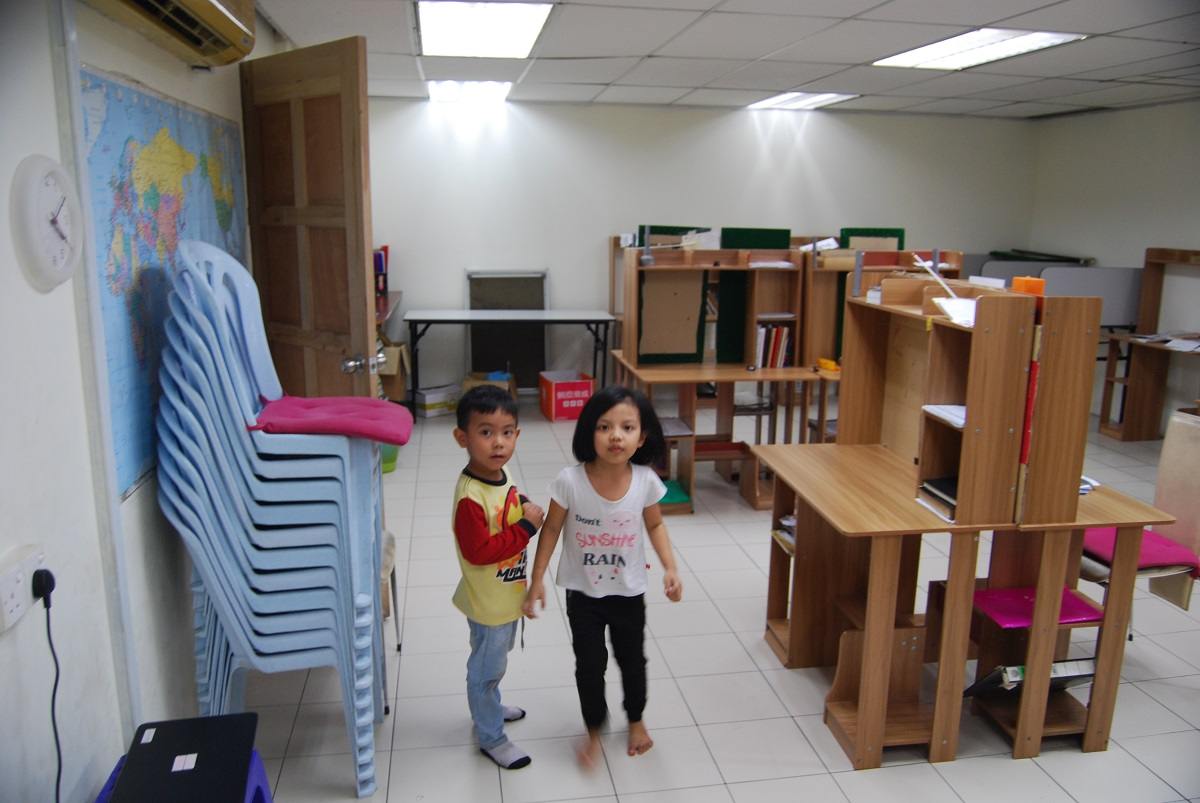
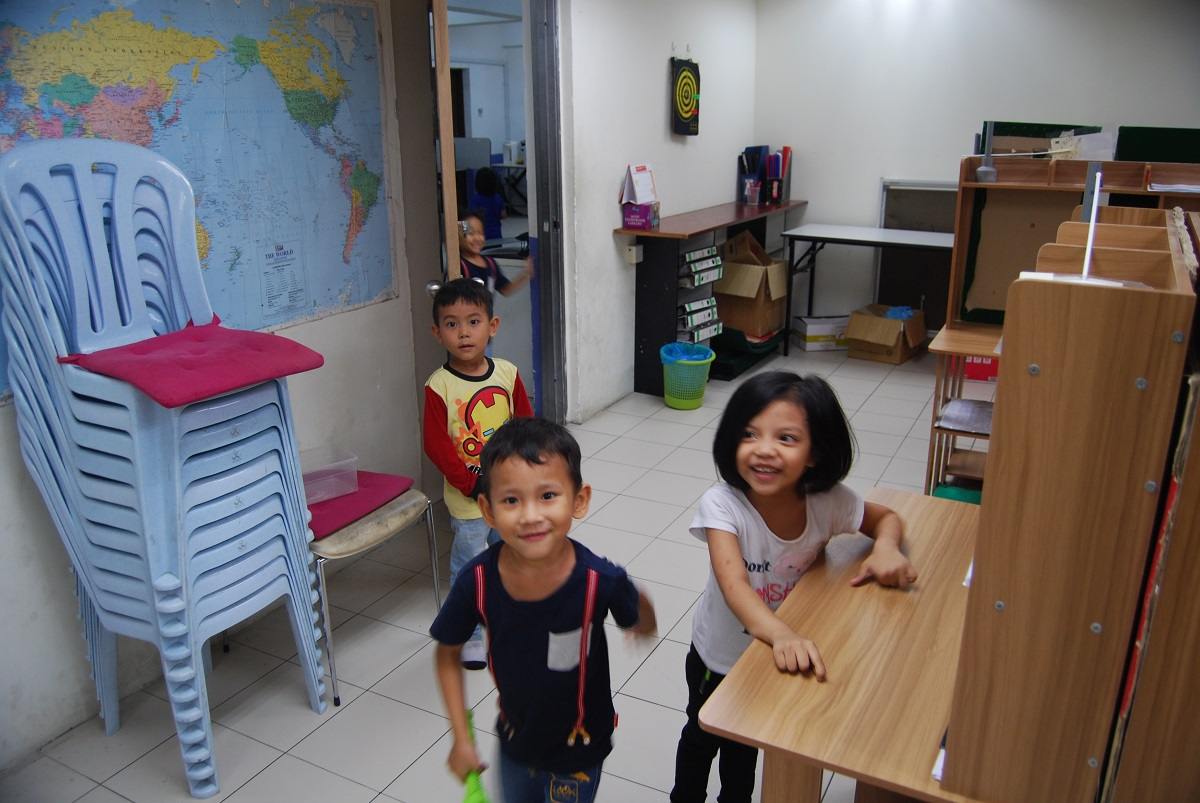
Curious kids
She continued on to say that they are not just engaging the students in this initiative, but also the parents.
“I have always had the conviction that God has called us to be a hub to connect and to influence the community in this work that we have been called to. We have the local Myanmar teachers who act as conduits into the community. However, we want to do more. We want to empower the most vulnerable members of their community, the women and girls. We have had a case of a young student who left the school and had her first baby at 14, and another who returned to Myanmar and was married at 17. These kinds of things can be avoided by educating the girls. We want to give the parents and children options. To know that they have choices apart from getting married and having babies,” Dr Mei explained.
She carried on to describe how the school currently operates with the help of partner organisations.
“We are in partnership with The Lost Food Project. They are very helpful and give us a lot of fresh food. We provide breakfast and a cooked lunch for the whole school. We distribute any extras to our school community and encourage the teachers to pack food packages for any families they know who are on hard times. We are really, really blessed. Sometimes we get really good quality milk powder like PediaSure or Similac. These brands can cost about RM30-40 a tin and we get cartons of them. We do not let them sit in the store room to waste away, but go out and ask around whether anyone needs some. Many kids in the community are not in our school so we try to help them with milk and vegetables whenever possible. Christmas is a time we always receive a lot of donations. If there is excess, we will make sure that the students and their parents know about them. Some of our kids have even asked whether they could take some for their pastors or other relatives. We always encouraged them to go for it,” she said.
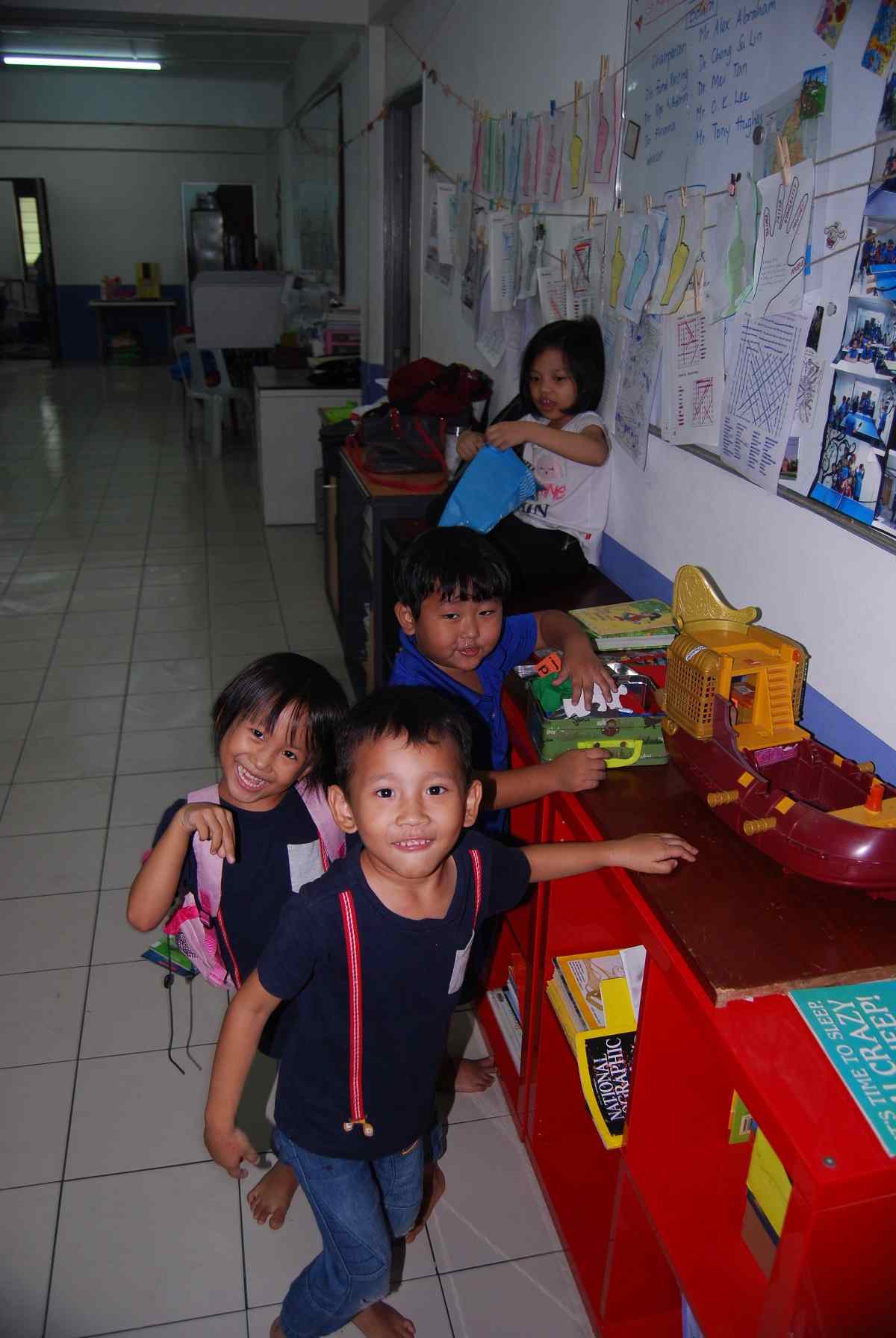
Dr.Mei went on to say that the school also teaches any interested mothers basic business skills via the Lametna Project.
“Through the handicraft business, we hope to empower the mums. We teach them crochet, which is something that they don’t need to acquire a lot of tools to do. They just need a little hook. Once they learn the skill, in their spare time or while the kids are asleep, they can produce beautifully crafted pieces for sale. This has worked out quite well. One of our mums has, in the last few months and over the Christmas period, earned around a thousand ringgit selling her handicrafts. She crafts a lot during her free time. Over the Christmas season, there had even been several retail outlets who liked our products enough to stock them alongside their very upmarket items!
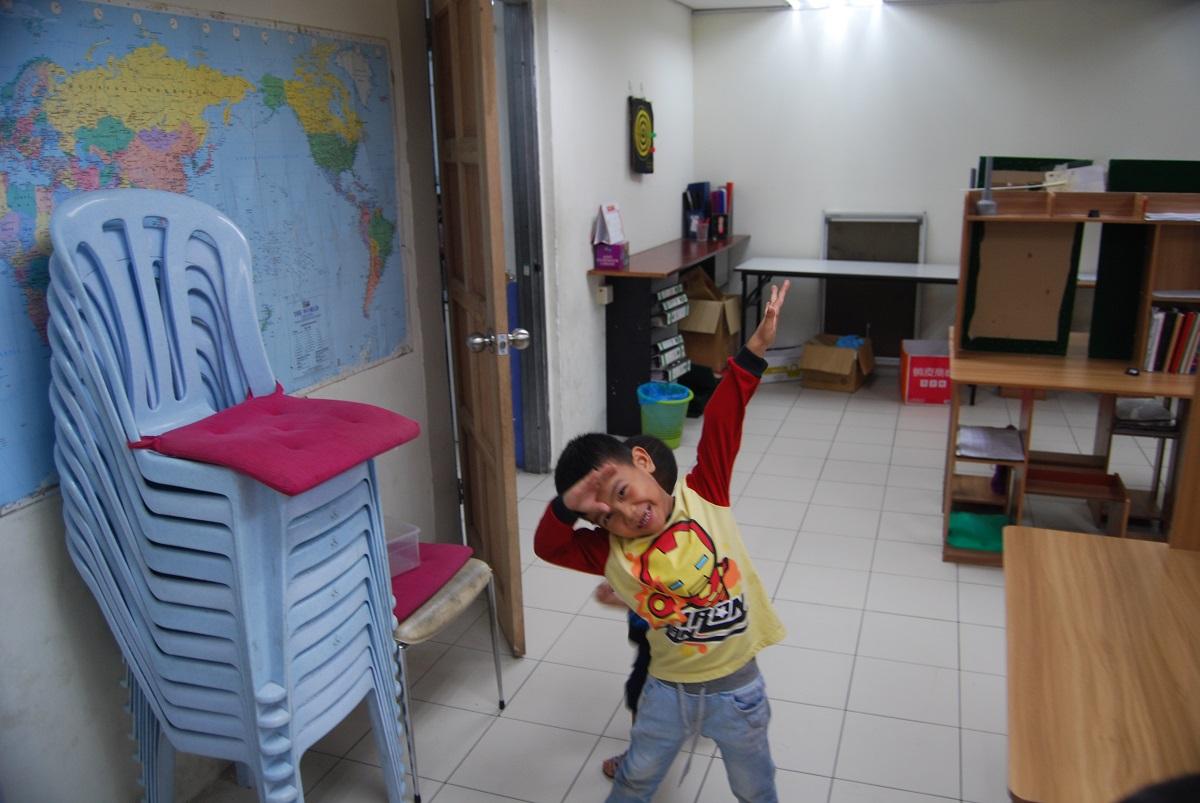
Who would have imagined that? So other than providing basic food necessities we have being equipping mothers to earn an income too.”
She commented that in this way, anyone can share an easily transferable skill, such as crochet in this case, to help them improve themselves. If someone has skills that do not require expensive tools, perhaps they could volunteer to teach these skills to the refugees.
She also gave other suggestions to those who are interested in helping Agape school and the wider Chin community in Kuala Lumpur. These include the following:
Prayer:
For clarity on the Malaysian government’s stand towards the UNHCR’s decision, as there has been no clear statement made on what will befall the Chins after 2019 and that the safety and welfare of the Chin community in Malaysia will be upheld and safeguarded. Pray also that the Chins will not despair but will continue to hold fast to their faith in Christ.
Support:
If you can afford to, donate basic necessities such as food (i.e. cooking oil, rice, baby milk powder) to a Chin community school like Agape or a Chin community centre. This will help ease the financial burden of the Chin community and allow them to save and prepare for the uncertain future that they will be facing – in all appearances, a bleak future.
If you can, sponsor an underprivileged Chin student whose family cannot afford to send to school. This would be a great blessing to the child. For schools like Agape which are also running money generating projects like the Lametna project, you could consider purchasing an item or two. The sale of these handicrafts is to support the students and their families.
Share:
Please help to create awareness among your friends about the Chin community and their plight that they are facing, through word of mouth or on social media. An increase of public awareness will greatly help the advocacy work which is being carried out on behalf of the Chin community in Malaysia.
Dr Mei concluded with the hope that her students and their families would end up in a safe environment wherever they might be, free from persecution, and free to make a living, enabling them to improve their current circumstances.
